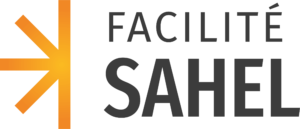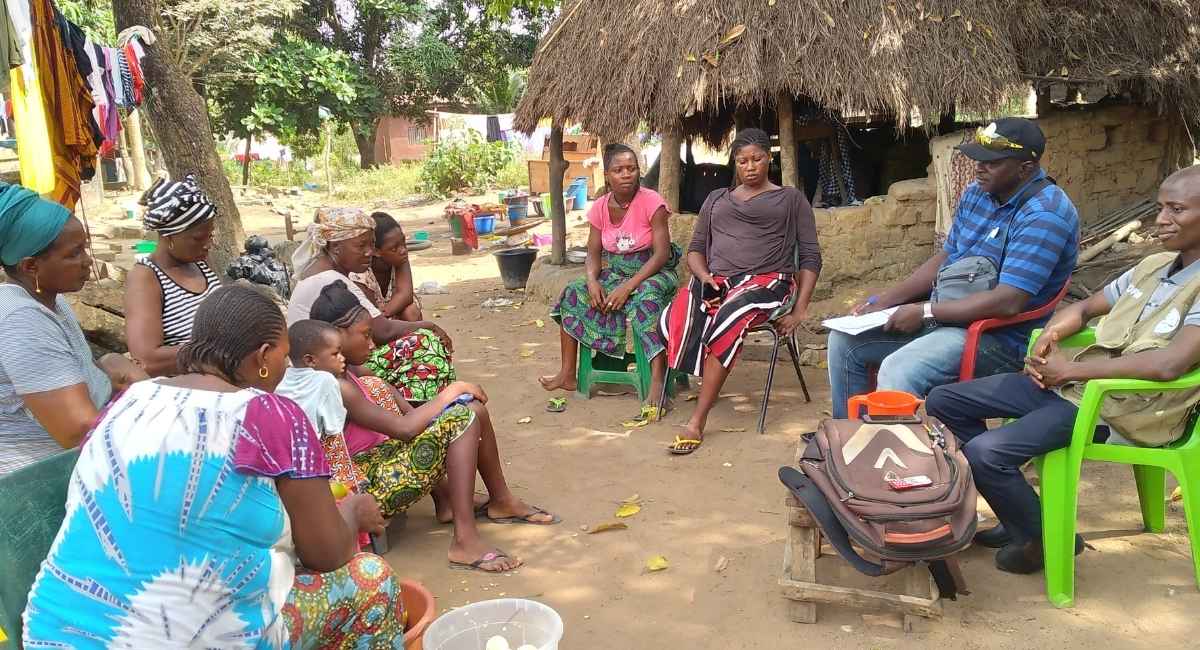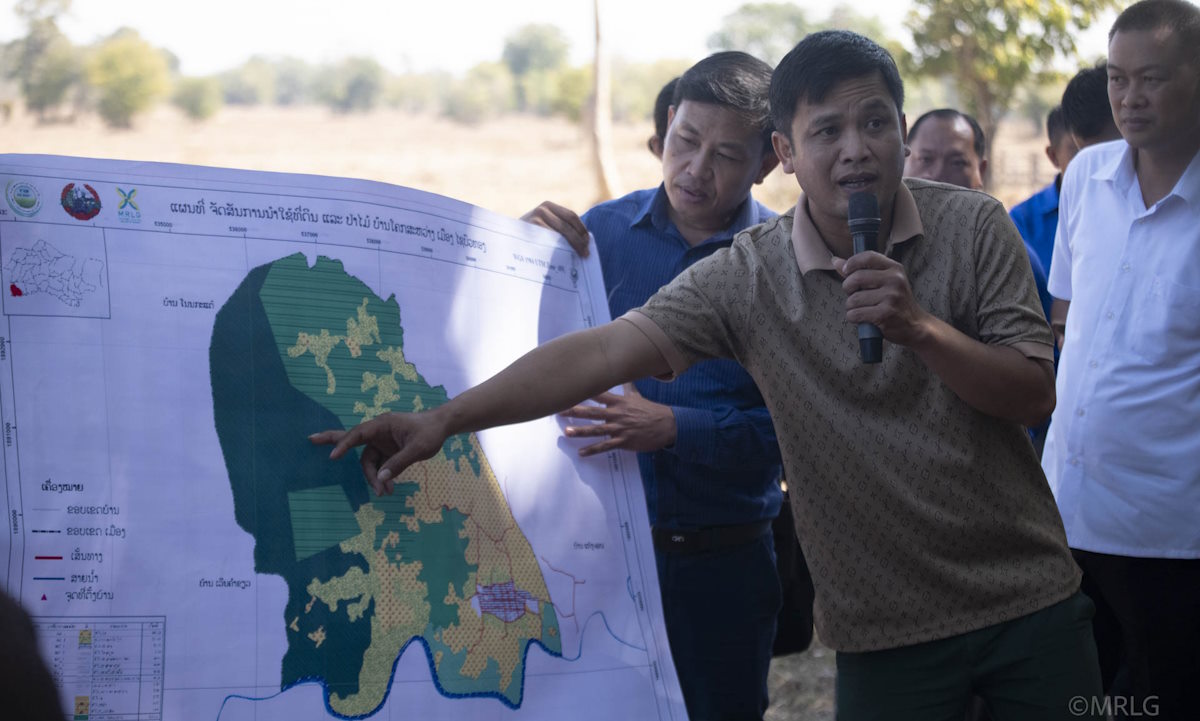Hodh Ech Chargui is a vast, arid region on the Malian border, in the easternmost part of Mauritania. Populations here are encountering chronic food insecurity and difficulties accessing basic services. There is a high level of poverty, and the situation has been exacerbated in recent years with the massive arrival of refugees and displaced people fleeing the conflicts taking place in Mali. To contribute to addressing these issues, the Khaima project (2023-2028) – coordinated by GRET in partnership with Mauritanian NGOs Ecodev and Tenmiya – is working to improve the living conditions of agro-pastoral populations by taking a participative approach.
The Khaima, a space to live, transmit, and build resilience
The name of the project refers to the traditional tent that caters to living conditions in the Sahel, traditionally used by nomad populations. The Khaima embodies a range of symbolic meanings and strong values. It is a privileged space of hospitality and solidarity, while also being a symbol connected to women and artisan work. In short, the Khaima very much reflects the spirit of the project, which is based on involvement of populations and implementation of appropriate, sustainable solutions.
Participative diagnoses to meet communities’ actual needs
Diagnoses conducted in 35 villages in the Timbédra and Djigueni Moughtaas identified 49 social, hydraulic, agricultural and pastoral infrastructures that will be completed in the second phase of the project. These diagnoses were participative and included the points of view of all social layers of the population, and of the authorities and technical services concerned. By proceeding in this manner, the project teams ensured that responses provided would reflect the actual needs and aspirations of local communities, in synergy with actions conducted by the State and other parties (NGOs), thereby making interventions more relevant and sustainable.
Implementing facilities to develop the area’s economy
The region’s main economic activities are agriculture and livestock farming, but access to drinking water is a major preoccupation because it is crucial for these two sectors. Many villages have wells producing only a small quantity of water, or with high salt content, obliging inhabitants to travel several kilometres every day to obtain water. Healthcare infrastructures often have poorly qualified staff, are under-equipped, and saturated, which results in patients travelling to health centres further away, notably in urban areas. The school system is suffering from a lack of resources. Classes are overcrowded and often multigrade, with no furniture and poor infrastructures. Economic opportunities are limited, in particular for young villagers and women, whose professional integration and financial autonomy are held back.
In light of the above situation, the second phase of the Khaima project will implement basic facilities to develop the area’s economy. Several boreholes and drinking water supply systems will be installed to improve access to water for domestic and productive uses. Dykes that contributed to retaining runoff and replenishing groundwater will be renovated. Several health centres will also be renovated. In the area of education, seven schools will be renovated and equipped to provide better learning conditions for children. Agro-pastoralism is also being supported, with the development of market-gardening schemes and technical support to foster structuring of local value chains. Livestock health is crucial for livestock farmers in the region and vaccination centres will be installed to address this.
Contributing to social cohesion
Apart from infrastructures, training and professional integration are two of the project’s key areas of focus. Supporting young people and women into income-generating activities is essential to boost households’ economic resilience. This support will be rolled out through training in the agriculture, livestock farming, food processing and artisan sectors. Lastly, the project is contributing to social cohesion and prevention of conflicts, with the implementation of local regulation and prevention mechanisms. It aims to boost interactions between communities and local authorities, by fostering an environment conducive to dialogue and cooperation. Thanks to appropriate systems, the project intends to anticipate tensions and promote peaceful management of disputes.
This project is funded by the Sahel Facility Foundation.





